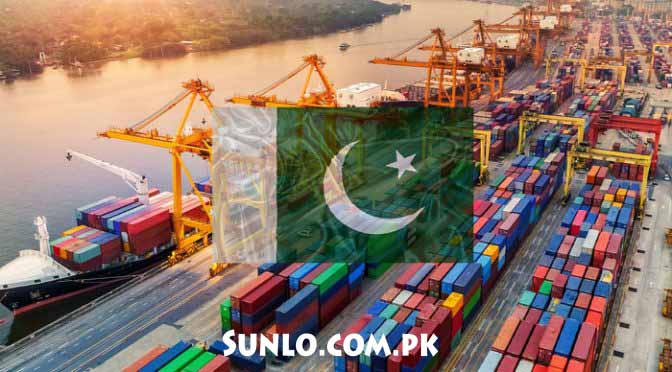With Russia, Iran, and Afghanistan, Pakistan approves barter commerce. Pakistan has enacted a special order allowing barter commerce with Afghanistan, Iran, and Russia for some products, such as petroleum, LNG, coal, minerals, metals, wheat, pulses, and a number of other food items, as a further measure to reduce the load on the nation’s decreasing foreign exchange reserves.
The government of Pakistan has authorised the import and export of products under B2B barter trade with three nations, including Afghanistan, Iran, and Russia, according to a statutory regulatory order (SRO) released by the ministry of commerce on Friday.
Pakistan has decided to allow barter trade with its neighbours after the International Monetary Fund (IMF) declined to help the nation’s faltering economy at a time when the Consumer Price Index (CPI) reached 38% and Sensitive Price Indicator (SPI)-based inflation reached 48%.
26 products were permitted for shipment to Russia, Iran, and Afghanistan under the list. These include finished leather, finished textiles (intermediaries), readymade clothing, textile made-ups, iron and steel, copper, aluminium, tool and cutlery, electric fans and home appliances, salt, pharmaceutical products, essential oil,toiletries, soap, lubricants, waxes, cosmetics, and matches.
The government directive, titled Business-to-Business (B2B) Barter Trade Mechanism 2023, is dated June 1 and identifies the items that can be bartered as well as the steps that must be taken.
Additionally, it said that, provided certain conditions are met and the regulatory collector with territorial jurisdiction, products may be exported and imported without a licence.
The government has announced the things that can be imported from Afghanistan, including raw rubber products, raw hides and skins, raw cotton, iron and steel, vegetables and pulses, spices, minerals and metals, and coal and its products.
Fruits, nuts, vegetables, spices, minerals and metals, coal and related goods, petroleum crude oil, LNG, and LPG, chemical products, fertilisers, articles made of plastic and rubber, raw hides and skins, raw wool, and articles of iron and steel are all permitted imports into Pakistan from Iran.
Pakistani traders will be able to import from Russia items like pulses, wheat, coal and related products, LNG and LPG, petroleum oils, including crude, fertilisers, tanning and dyeing extracts, articles made of plastic and rubber, minerals and metals, chemicals, iron and steel, and textile industrial machinery.
According to a statement from the Ministry of Commerce, discussions with high-level delegations from other nations were held on multiple occasions to facilitate the barter trade system.
In order to stabilise the national economy, the action was a perfect one, according to the statement. Additionally to increasing the country’s foreign reserves, it will boost trade volume.
Additionally, according to reports, the barter trade would aid in overcoming financial transactions because, in the case of Iran, there was no chance of transactions through official channels.
When contacted, Dr. Khaqan Najeeb, a former consultant to the Ministry of Finance, expressed optimism that the barter trade mechanism will aid the economy in bridging the current gaps in Pakistan’s import and export potential.
He claimed that facilitating barter trade between the three nations is a good concept because regional trade is essential for reaching a large population. Barter can assist in the discovery of new goods and commercial opportunities, as well as assist those living close to borders in improving their standard of living.
In order to move the barter trade agreement with the three extremely significant countries forward and make it operational, the business community has been supporting suggestions.
In light of the country’s serious dollar liquidity crisis and the need to pay for critical goods, the administration has accepted the business community’s requests, he said.
Petroleum Minister Musadik Malik announced that Pakistan would only be buying crude oil under the agreement after the country made its first purchase of discounted Russian oil in April.

